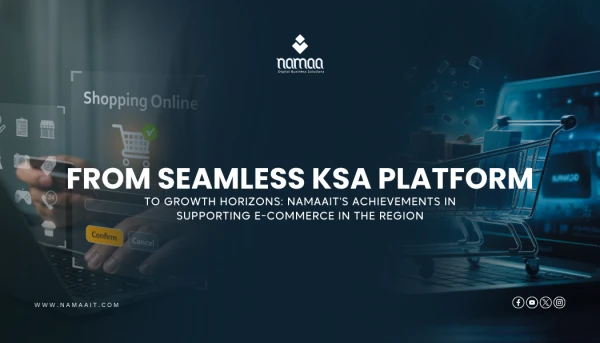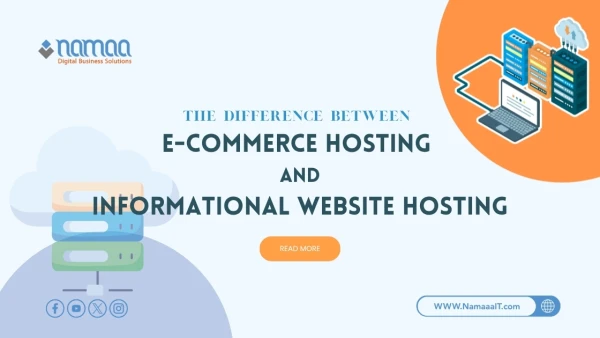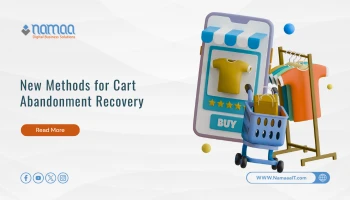Rank Your Products on Search Results: Secrets to Appearing on the First Page
In today’s highly competitive world of e-commerce, appearing at the top of search results is the key to reaching customers and driving sales. To rank your products higher, it’s no longer enough to simply list them you need to add product data carefully and professionally. This includes writing compelling titles and descriptions, using high-quality images, and implementing structured data (Schema Markup) to align with Google’s latest recommendations. Paying attention to these small details is what sets successful stores apart. Platforms like PolarisMAX, which specialize in online store design, provide all the tools needed to implement these optimizations easily and efficiently.
Why Product Data Is Crucial for SEO
Accurate and comprehensive product data is the cornerstone of SEO for e-commerce. Google prioritizes content that delivers genuine value to users, and clear, detailed product data is exactly what customers are looking for. When you provide complete information—such as dimensions, materials, usage, and features you not only help shoppers make informed decisions but also signal to search engines that your page is a trustworthy, detailed source. This directly improves your ranking in search results.
How Google Understands Your Product Data
For Google to correctly identify and categorize your products, you must present data in a structured and clear way. Google analyzes several key elements on each product page: title, description, images, and structured data (Schema Markup). When these elements are consistent and include the keywords users search for, Google can better match your products with relevant search queries making them more likely to appear in front of the right audience.
How to Write the Perfect Product Title for Google
A product title is the first thing shoppers see in search results, so it must be attractive and informative. The ideal title combines the product name, brand, and a key feature or use plus your main keyword.
Tips for effective titles:
Start with your primary keyword the term most customers are likely to search for.
Include your brand name to build trust and credibility.
Add a competitive advantage like “Free Shipping” or “2-Year Warranty.”
Keep it short and clear ideally under 60 characters so it appears fully in results.
Writing a Unique and Engaging Product Description
An effective product description speaks directly to the customer and focuses on benefits, not just specifications. To make it engaging, tell a story about how the product solves a problem or improves the user’s life. Use simple, conversational language and format the content into short paragraphs or bullet points for readability. Naturally include your target keywords throughout to help search engines understand your page content.
(Related: Loyalty Programs in E-Commerce)
Choosing the Best Product Images for Your Online Store
Images play a decisive role in purchase decisions 75% of online shoppers rely on them heavily. Product photos should be high quality and show multiple angles to highlight every detail. Also, display the product in use to help customers visualize how it fits into their lives.
To optimize images for SEO:
Use descriptive file names that include keywords.
Compress image sizes for faster page loading without losing quality.
What Is Product Schema Markup?
Schema Markup is a special coding language added to your product page’s HTML to help search engines better understand its content. This code tells Google key details such as the product’s name, price, reviews, and availability. When implemented properly, Google can display this information as rich snippets in search results (like showing star ratings and prices), making your listing stand out and increasing click-through rates.
How Rich Snippets Help Increase Sales
Rich snippets act like mini product showcases directly within Google’s search results, making your listings more attractive than competitors’. By displaying customer ratings, prices, and stock status, you provide shoppers with instant answers to their most important questions. This transparency builds trust and attracts high-intent buyers, raising your click-through rate (CTR) by up to 30% and boosting conversions.
The Importance of Mobile-First Product Page Design
Most online shoppers now browse and buy using their smartphones, making mobile-responsive product pages an absolute necessity. A mobile-first design ensures users can easily view images, read descriptions, and tap “Add to Cart” without friction.
Moreover, Google prioritizes mobile-friendly sites under its Mobile-First Indexing policy, meaning a smooth mobile experience directly improves your ranking and helps increase sales.
How PolarisMAX Simplifies Product Data Optimization
PolarisMAX is designed to empower e-commerce owners with the tools needed to succeed in a competitive landscape by making product data optimization simple and effective.
Key advantages:
Centralized Data Management: A user-friendly interface to manage all product data titles, descriptions, images, and prices in one place, with full Arabic language support.
Built-in SEO Tools: PolarisMAX includes integrated SEO tools to edit URLs, add keywords, and manage meta data for each product in compliance with Google’s best practices.
Flexible Schema Integration: The platform allows easy application of structured data (Schema Markup) without requiring technical expertise, ensuring your products appear with rich snippets in search results.
(Related: Importance of Targeting Customers with Promotional WhatsApp Messages)
FAQs
1. Does organizing products into categories affect their Google ranking?
Yes — significantly. When products are organized into clear categories (e.g., Electronics > Smartphones > New Releases), it creates a logical site structure that’s easier for Google to crawl and understand. This improves the authority of both category and product pages.
2. What should I do with out-of-stock product pages?
Don’t delete them especially if they attract organic traffic. Deleting a page erases its SEO value. Instead, keep it live with a “Currently Out of Stock” message and suggest similar alternatives or allow customers to sign up for restock alerts.
3. Why are GTIN numbers (like UPC or EAN) important?
Global Trade Item Numbers (GTINs) act as unique identifiers for your products. Including them helps Google precisely recognize your items in its database, which is crucial for visibility in Google Shopping and paid ads. It also increases the credibility of your data.
4. How do I create the perfect product URL?
Keep URLs short, descriptive, and keyword-rich. Avoid random numbers or symbols. For example:yourstore.com/samsung-galaxy-s25
is much better thanyourstore.com/prd?id=12345,
as it’s easier to read for both users and search engines.
5. Is having a Q&A section on product pages good for SEO?
Absolutely. A Q&A section adds fresh, unique content that often contains long-tail keywords customers search for. It builds trust, answers common questions, and improves your chances of appearing for a wider range of queries in search results.
Summary
✅ 75% of online shoppers say high-quality product images are the most important factor in purchase decisions.
✅ Using rich snippets (with price and rating data) can boost click-through rates by up to 30%.
✅ Since over 60% of searches happen on mobile, responsive design is now a necessity, not an option.
✅ Displaying customer reviews directly on product pages can increase conversion rates by up to 270%, building instant trust.
✅ 17% of shoppers abandon carts due to insufficient product information proving that detailed data directly drives more sales.

.webp)







